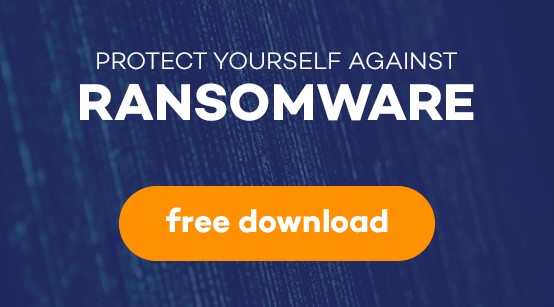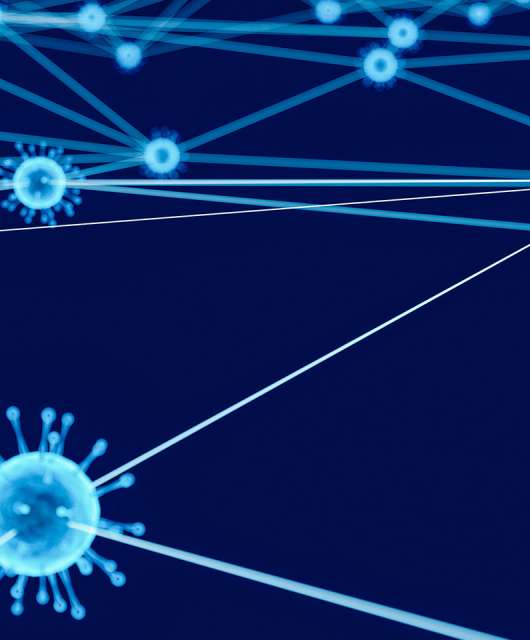Back in 2017, we reported that Department of Homeland Security (DHS) and Customs and Border Protection (CBP) are implementing a face recognition technology on some international US airports that scans the faces of everyone, including US citizens, boarding outbound international flights. Now, starting October 1st, 2020, every US resident wanting to hop on a flight (even the domestic ones) will have to present a passport or any other REAL ID-compliant driver license or ID card.
What is REAL ID?
After 9/11, the Congress passed the REAL ID Act of 2005, which states that each person applying for a driver license or identification card will have to go through mandatory facial image capture compliant with the REAL ID requirements. Government agencies say this is significant step forward in the battle against crime, illegal immigration, and terrorism as the new images will be compatible for facial recognition searches. Every person getting a license or government identification card will have to provide multiple documents and forms of identification, i.e., SSN card, mortgage statement, birth certificate, passport or permanent residence card, etc. Digital copies of each document will be stored in each state’s DMV database and be possibly attached to people’s new government profiles.
While the bill passed 13 years ago, privacy, operational, and cost concerns have been making multiple states oppose the decision, many saying that this is just DHS’ way to make DMV build them a national ID database. Even strong opponents of illegal immigration have been publicly opposing the bill. Mitchell Seabaugh, a former Republican member of the Georgia State Senate, publicly called REAL ID “a slap in the face of the states.” Back in 2005, Rep. Ron Paul said that “any state that opts out will automatically make nonpersons out of its citizens. They will not be able to fly or to take a train.” This statement is not far from the reality – as of October 1st, 2020, a passport or the new REAL ID equipped driver licenses and government IDs will be required for US residents who want to enter certain federal facilities and military bases or are wanting to board federally regulated aircrafts (including domestic flights).
The new law has slowly been rolling out in multiple states through the US. New York state’s DMV began issuing REAL ID compliant driver licenses last year, and California’s DMV announced that as of January 22nd, they have started issuing REAL ID drivers licenses too. While the DHS has been denying the notion that they are building a national ID system, they admit that the future use of the new credential by third parties will ultimately determine whether the REAL ID credential will become a national ID and whether further protections from Congress may have to be warranted.
While the REAL ID technology is not known to scan your face but just picture it, its introduction to the US is almost matching with the timing of the facial scanning boom that we are currently experiencing. Facial recognition is one of the leading selling features of Apple’s most expensive cell phone. Facial recognition will be used by marketers too. Also, just a few weeks ago Washington Post quoted a report from the Center on Privacy and Technology at Georgetown University’s law school suggesting DHS might be prone to legal battles because if their face scanning practices.
According to the report mentioned by Washington Post, DHS should not be scanning the faces of Americans as they depart on international flights, but DHS has been doing it anyway. Washington Post quoted Jennifer Gabris, a CPB spokesperson, saying that “the agency takes its privacy obligations seriously, and that U.S. citizens can currently opt out of the facial scanning process”.
Passport-like REAL ID technology is being implemented in the some of the largest states, and in less than three years a REAL ID-compliant form of identification will be compulsory even for domestic air travel. Do you think the next step will be a mandatory face scanning? Are we entering a new era of surveillance and is the outdated SSN credential going to be replaced by REAL ID? Is the US government preparing to create a one-for-all database by launching services such as https://login.gov/? No one knows for sure. What we see is that the government agencies are collecting all sorts of data that one day may leak; be merged into one; or shared with third parties for monetary gain.
Regulating the information will be challenging and keeping so much sensitive data under one roof would put enormous pressure on government agencies. Government databases will be a target not only for hackers but also for foreign states. Protecting your personal information has never been more critical as leaks containing sensitive data of millions of people are not uncommon these days.








4 comments
Panda eto super!!!!!????
Even strong opponents of illegal immigration have been publicly opposing the bill.
Digital copies of each document will be stored in each state’s DMV database and be possibly attached to people’s new government profiles.
So we can thank trump for bringining in the NWO surveillance state. Isnt this what his supporters were whining obama would do? Shwoing that both sides are controlled by the military and their police state tactics. the west is now officially a tyrannical regime.